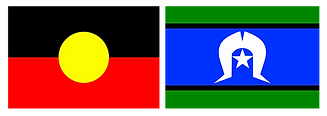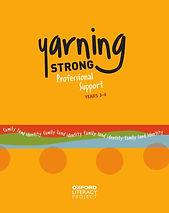
Country
Relationships
"The best sources of information are Aboriginal and Torres Strait Islander people themselves. They know about Indigenous Australia, because they live there.
When choosing resources on indigenous topics, look first for articles, poems, books, videos and music created by Aboriginal and Torres Strait Islander writers, artists and educators." (Lucashenko, 2014, p.24)
"When teaching Aboriginal and Torres Strait Islander issues, it's important to keep in mind (and teach) that there are many ways of being an Aboriginal or Torres Strait Islander person...Some live in the bush and some in the city. Some are nurses, mechanics and university lecturers...Some know lots about their language and culture, but many do not." (Lucashenko, 2014, p.26)
Whereever possible build relationships with and consult local Aboriginal people. "you are not the expert here. Aboriginal and Torres Strait Islander people are!" (Lucashenko, 2014, p.26)

The content on this page (including the quotes above) is taken from:
Burney, L. (2014). Yarning strong: Professional support : Years 3-4 : Oxford literacy project. Melbourne, Victoria: Oxford University Press.
Terminology
The correct terminology to use when referring to Aboriginal and Torres Strait Islander Peoples has changed over time and different communities and individuals prefer different terms. Yarning Strong Professional Support Years 3-4 includes a table of appropriate and inappropriate terms (p. 28-32). These include Aboriginal and Torres Strait Islander people rather than atsi people, invasion or intrusion rather than settlement or discovery, non-Aboriginal and Torres Strait Islander rather than European or White, and the Dreaming rather than Dreamtime.